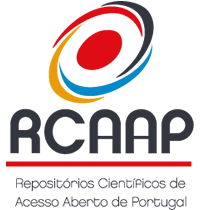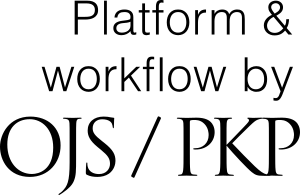Sustainable societies and industries 5.0
DOI:
https://doi.org/10.48797/sl.2024.157Keywords:
Invited SpeakerAbstract
Today’s cities have transcended their historical simplicity into multifaceted ecosystems teeming with challenges and opportunities. The quest for environmentally conscious and sustainable societies has never been more pressing, led by industries that profoundly influence our urban fabric. From the spectre of CO2 emissions to the challenge of using eco processes or from the promotion of product circulation to the task of waste management or reuse of natural resources (e.g., water) extensive usages, cities grapple with complex issues that reverberate through the lives of their inhabitants. The population remains largely unaware of the tangible repercussions of their daily actions. We must be alert to these issues, reduce our carbon footprint, and decrease natural resource usage. Unfortunately, there is no single solution to the earth’s problems. Still, Information and Communication Technologies (ICT), particularly Artificial Intelligence (AI) and Gamification can help make it a better place to live. This presentation aims to draw attention to some of society's problems and show some solutions that are being developed to help create a more sustainable environment in the future. From predictive analytics to intelligent resource management systems, AI is key to unlocking unprecedented insights and efficiencies in our quest for greener, more sustainable urban environments. Gamification is a complementary key because it can help engage citizens and motivate them to perform more green actions. Raising people’s awareness and endowing them with the correct technologies are the keys to an increasingly sustainable society and even more digital and resource-optimized industry.Downloads
Published
How to Cite
Issue
Section
License
Copyright (c) 2024 Filipe Portela

This work is licensed under a Creative Commons Attribution 4.0 International License.
In Scientific Letters, articles are published under a CC-BY license (Creative Commons Attribution 4.0 International License), the most open license available. The users can share (copy and redistribute the material in any medium or format) and adapt (remix, transform, and build upon the material for any purpose, even commercially), as long as they give appropriate credit, provide a link to the license, and indicate if changes were made (read the full text of the license terms and conditions of use).
The author is the owner of the copyright.









